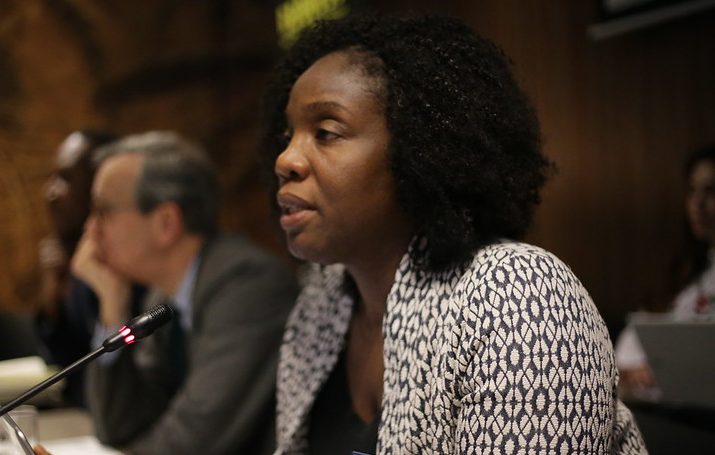
Redress advocates for victims’ rights at the annual assembly of ICC States Parties
Next week, REDRESS will join human rights and civil society organisations in The Hague for the annual session of the Assembly of States Parties (ASP).
Serving as the governing body of the International Criminal Court (ICC) the ASP meets in full plenary once a year to discuss and decide upon matters key to the future functioning of the ICC.
This year, the session will take place from 2-7 December 2019.
REDRESS will be monitoring sessions and interacting with delegates, in order to advocate for the rights of victims.
We will also be participating in the following side events:
- Seizing Assets for Reparations: Challenges and Opportunities: World Forum Convention Center, Europe 1&2, 5 December, 8.30 – 10.00 am (organised by REDRESS).
Despite the ICC’s legal provisions on asset recovery, the practical implementation of its financial investigation framework has not been very successful as a significant source of reparations funding for victims.Through a rich discussion from diverse experts, this event will examine, from multiple angles, some of the challenges in effectively identifying and recovering assets for reparations. In addition to the ICC’s experience, we will consider other national and regional contexts for lessons learnt and best practices that could be relevant to the ICC. The event will be moderated by Rupert Skilbeck, Director, REDRESS. For more information on the speakers, see here.
- Raising the Bar: Improving the Nomination and Election of Judges to the International Criminal Court, World Forum Convention Center, Europe 1&2, 3 December, 6.15 – 7.45 pm (organised by OSJI).
The event will open with remarks from the Ambassador of Uruguay. The panel discussion will be moderated by Angela Mudukuti, from the Wayamo Foundation, and will feature Judge Ekaterina Trendafilova, President of the Kosovo Specialist Chambers; Prof. Niels Blokker, Professor of Institutional Law at Leiden University; Alejandra Vicente, GQual campaign Secretariat and Head of Law at REDRESS and James Goldston, Executive Director at Open Society Justice Initiative.
- It’s About Time – revising the timing and duration of decision-making at the International Criminal Court, World Forum, Room Oceania 3, 3 December, 1.15-2.45 pm (organised by the Wayamo Foundation)
The event to interrogate and debate the timing and duration of decision-making at the International Criminal Court. The timing and duration of decision-making at the ICC influences the impact and image of the Court. Concerns have been raised about the time taken by the institution to make decisions. These include, among others, apprehension about the length of preliminary examinations, as well as the time it takes judges to approve or deny the opening of investigations, issue warrants, hold trials, arrive at verdicts and hand down judgments.
Photo credit: CICC/SYD BOYD.
